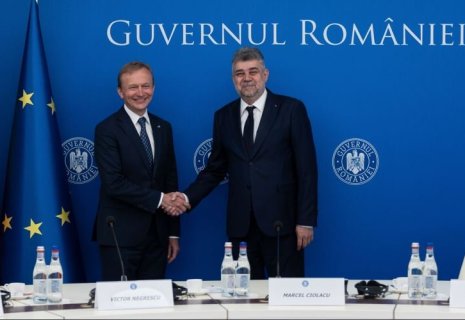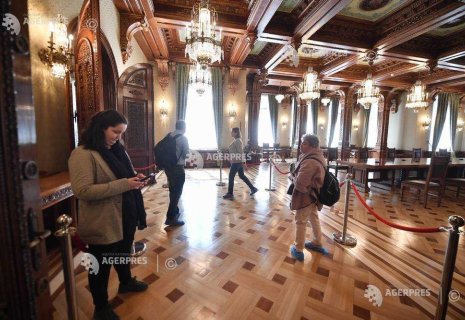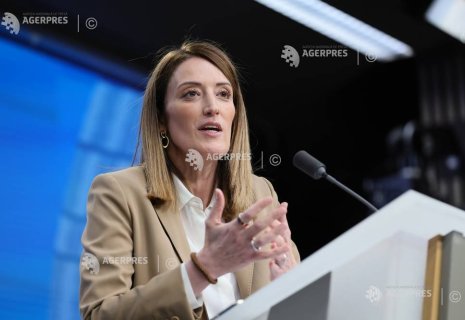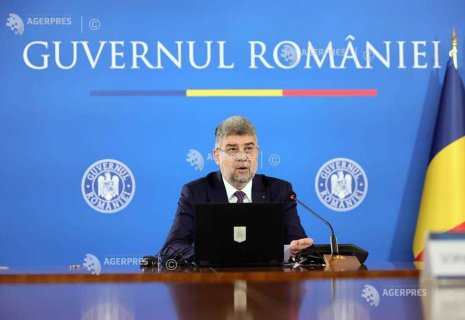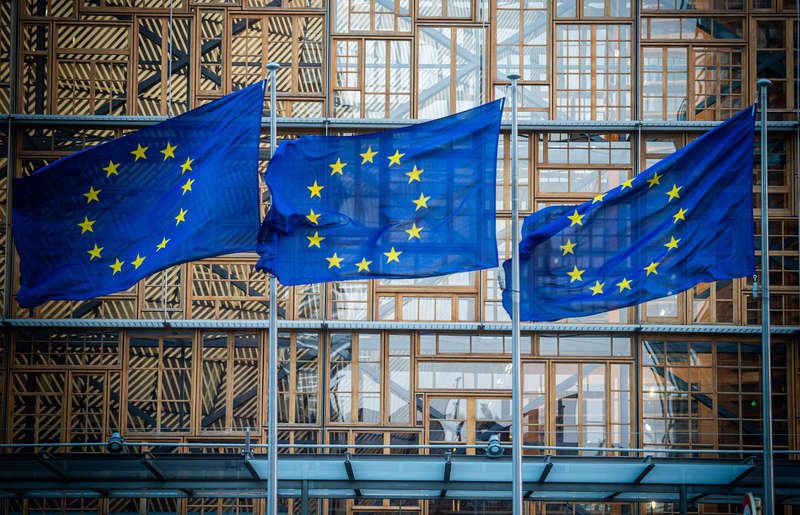
EU Faces Pivotal Challenges in 2025: Unity, Competitiveness, and Leadership
As 2025 begins, the European Union is grappling with geopolitical tensions, economic competitiveness, and political instability within key member states. Major elections in Germany and France, the return of Donald Trump to the White House, and ongoing support for Ukraine amid Russia’s war are shaping up to test the bloc’s resilience, CE Report quotes Agerpres
The EU’s primary challenges include maintaining transatlantic ties, bolstering defense capabilities, and narrowing its innovation gap with global competitors. Economic pressures loom as the EU lags behind the US and China in high-tech sectors. The European Commission will unveil a "Competitiveness Compass" this month and a Clean Industry Plan in February, aiming to integrate climate goals with industrial policy.
Political uncertainty in Germany and France compounds the EU’s internal struggles. Germany’s early elections in February may see Christian Democrat Friedrich Merz rise to power, while France navigates its fourth prime minister in a year following months of political turmoil. Meanwhile, Marine Le Pen’s far-right party faces legal challenges that could influence France's political trajectory.
In Eastern Europe, Poland’s Donald Tusk, holding the EU Council presidency, seeks to fill the Franco-German leadership gap, while Romania and Bulgaria face domestic political crises.
Adding to the complexities, former Portuguese Prime Minister António Costa has introduced innovative "seminars" to the European Council, aiming to foster brainstorming among EU leaders. The first of these will focus on European defense and take place in February.
As 2025 unfolds, the EU faces critical decisions that could reshape its political and economic future.



